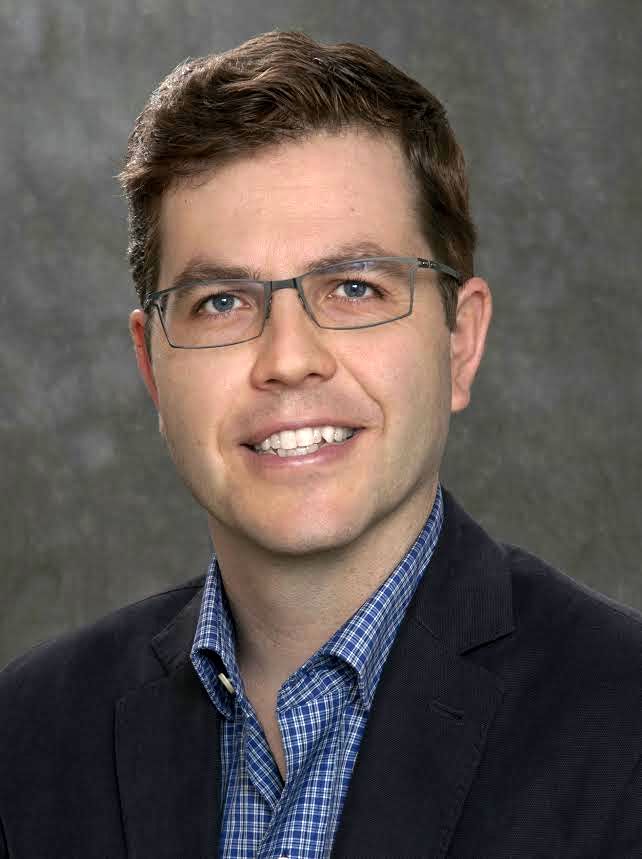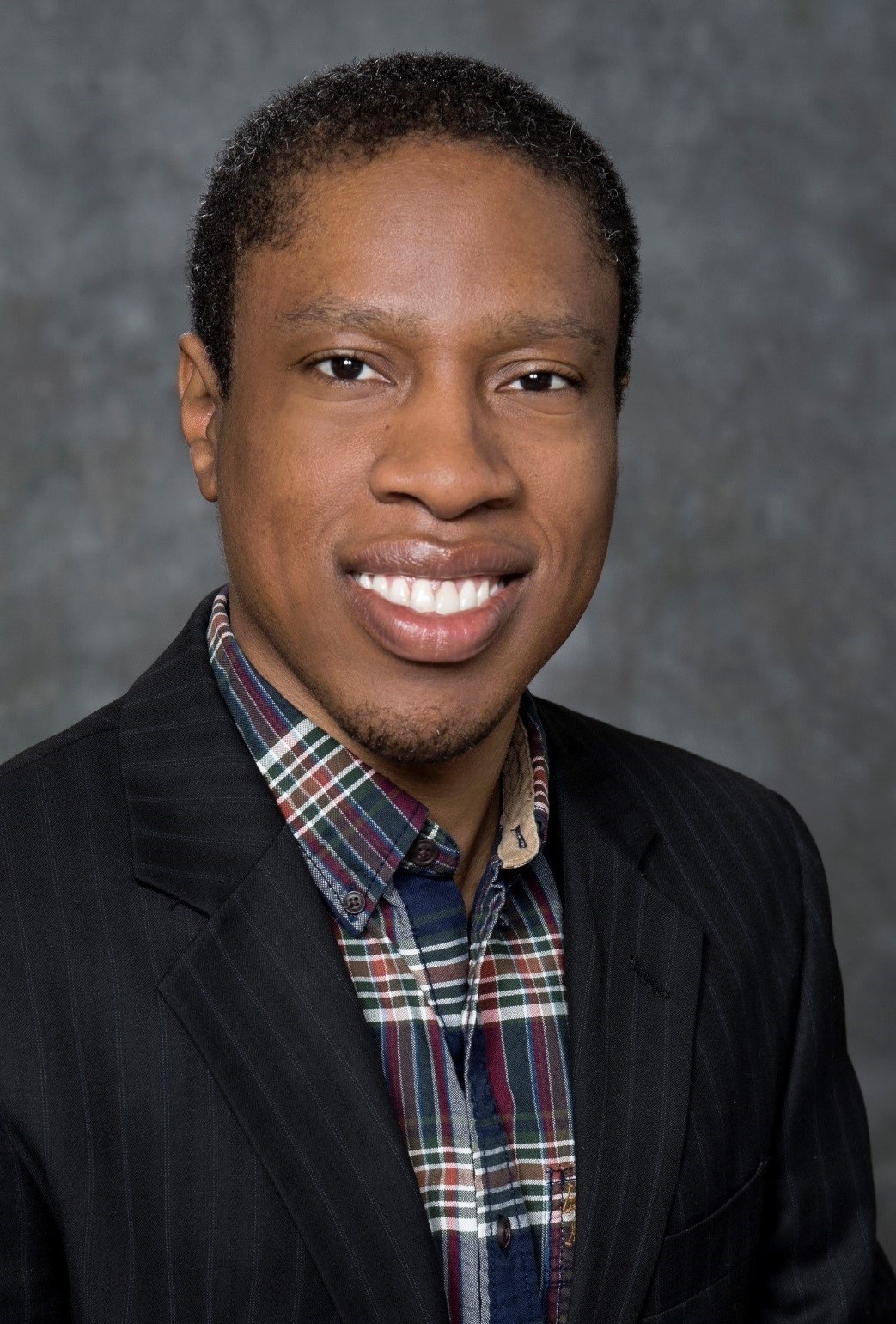
"I Am Not a Cat" Proceedings in a Virtual World
Besides becoming a pop-culture catchphrase, how has the shift to a virtual environment impacted proceedings over the last year, and what changes do you believe are here to stay? Our panel of experts will examine some of the greatest challenges, faux pas, and successes in virtual proceedings over the course of this transformative time.
 .
.













